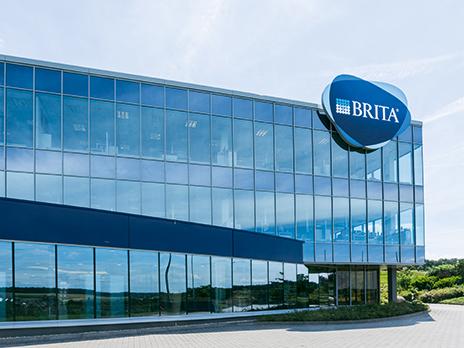Is being sustainable always more expensive for a business?
Yes and no. I think it comes down to economies of scale where the larger the business the more you are able to bring your costs down. However, sustainability comes at a price, and this is not just through technology and green solutions, but also staff wages and fair prices to suppliers. Once you start devaluing the part that people have to play, you automatically compromise the value of your business if you are wanting to run it sustainably from concept through to end product. It's the people that bring in the ideas and people also cost money.






